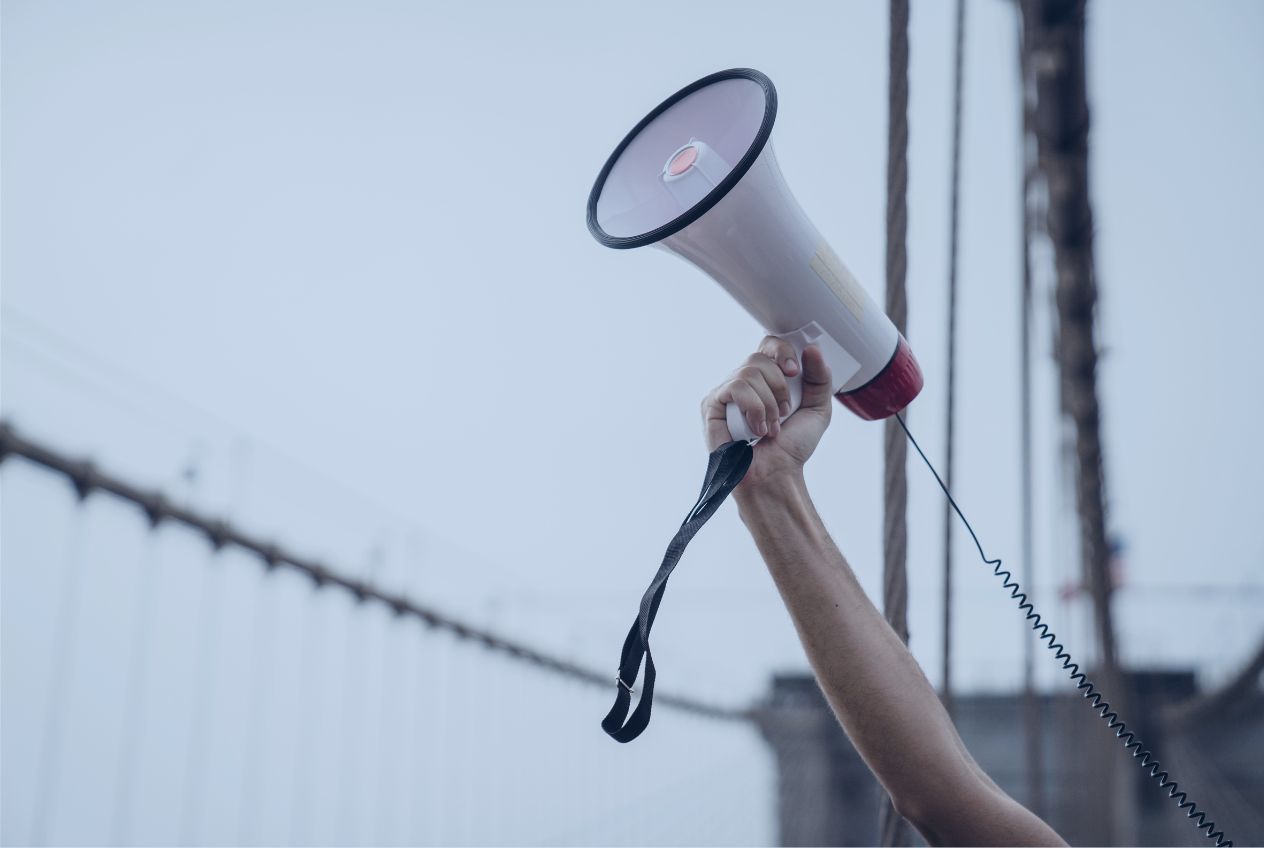Last Sunday (April 26th) marked World Intellectual Property Day. While the existence of IP has allowed innovators to enjoy the rewards of their invention, more and more voices speak up against patents and IP in general. So while I celebrated World IP Day many didn’t even want to show up to the party.
The current COVID-19 crises triggers many voices that ask to ban all patents of COVID-19 related tests, drugs, and vaccines. I stumbled ac ross some very wrong statements and want to highlight these and explain what their authors got wrong.
Michael Barker for instance writes:
Flowing from the relentless drive for super-profits, we can also understand the process by which big pharma makes decisions on the type of drugs they will prioritise for mass production. Medicines that can be sold to wealthy consumers in developed countries, are fast-tracked, while drugs and treatments that might benefit the poorest billions simply fall by the wayside. Human life is secondary to the pursuit of profits.
The author might not know that depending on the country you live in and the insurance you have, drug prices can vary enormously, not because of the decisions of the manufacturer, but because of the local reimbursement models. However, producers also sell at different initial costs in developing countries. The British company GlaxoSmithKline usually caps their drug prices in emerging markets at 25% of the price they ask for in developed countries. In many cases the price is way below the 25% cap. The same company offers their HIV/AIDS treatment at merely variable cost in South Africa. Since 2001 the Swiss company Novartis supplies the fixed-dose artemisinin-based combination therapy (ACT) without profit to public-sector buyers. Over 850 million antimalarial treatments have been delivered to patients in more than 60 malaria-endemic countries. American biotechnology company Gilead has an access partnership campaign that licenses out their drugs to local partners in low- and middle-income countries, selling drugs at cost.
Another group that sometimes totally misunderstands the pharmaceutical research industry is the well-respected NGO Doctors without Borders (MSF). While I am a personal fan of their work on the front lines of health conflicts, I wholeheartedly disagree with their understanding of patents and profits.
MSF states:
The international medical humanitarian organisation Médecins Sans Frontières/Doctors Without Borders (MSF) today called for no patents or profiteering on drugs, tests, or vaccines used for the COVID-19 pandemic, and for governments to prepare to suspend and override patents and take other measures, such as price controls, to ensure availability, reduce prices and save more lives.
Price controls will actually lead to shortages – We have seen this in the past and see this in the current COVID-19 crisis. Whenever a government limits the price of a good, its supply tends to go down. To controlling prices and at the same time ensuring availability is just and oxymoron. If MSF genuinely wants to save more lives (which I believe), they should encourage flexible prices and patent-protection – At the same time they might want to reconsider their own policy of not accepting in kind donations of the pharmaceutical industry…
MSF campaigners raise a point in favour of eliminating private property protection, saying that the ownership hasn’t even been established through private funds. Since manufacturers receive public grants for their work, their results should also be public ownership. While it is true that one in three Euros spent on pharmaceutical research is public money, it is also true that this public expenditure is offset by the taxes paid. The industry, employees, and customers pay directly a much higher amount of taxes than is received subsidies. Total R&D expenditure in the UK in 2015 was 4.1bn GBP (of which roughly 1.2 GBP are public funds) and direct tax contribution was 300% higher at 3.7. Billion.




